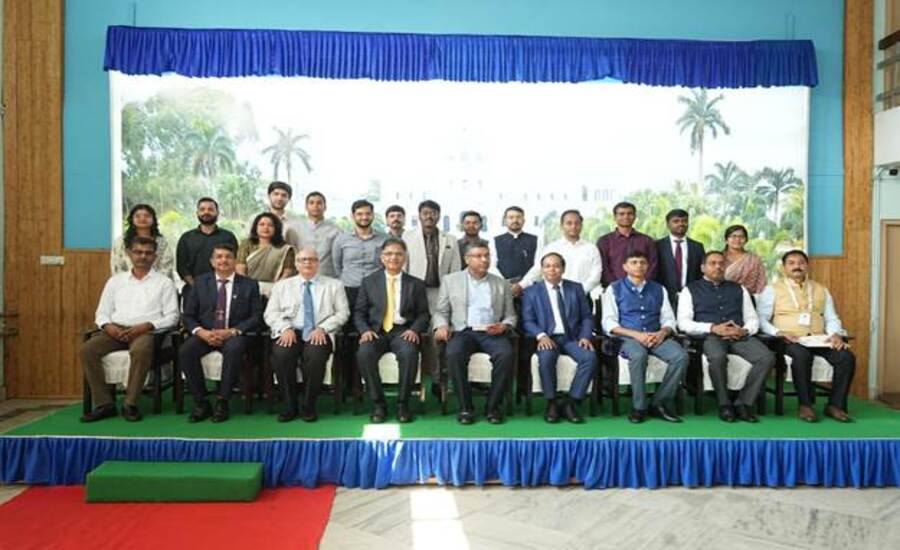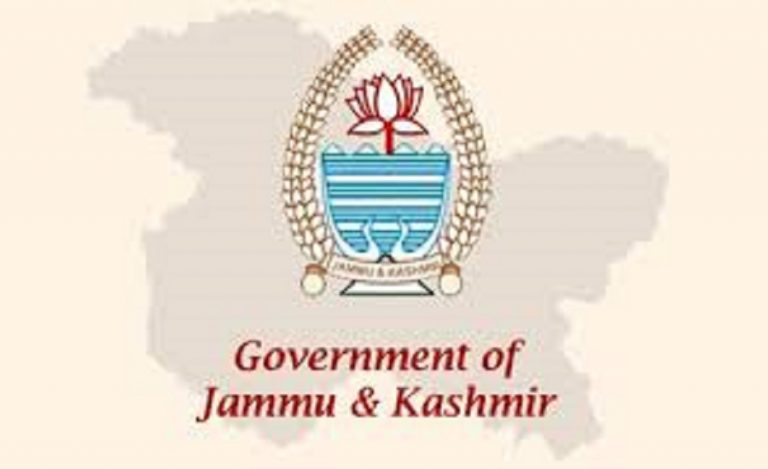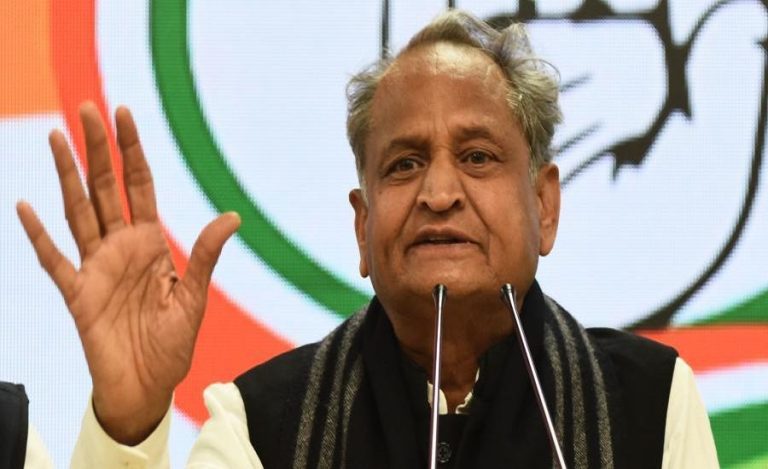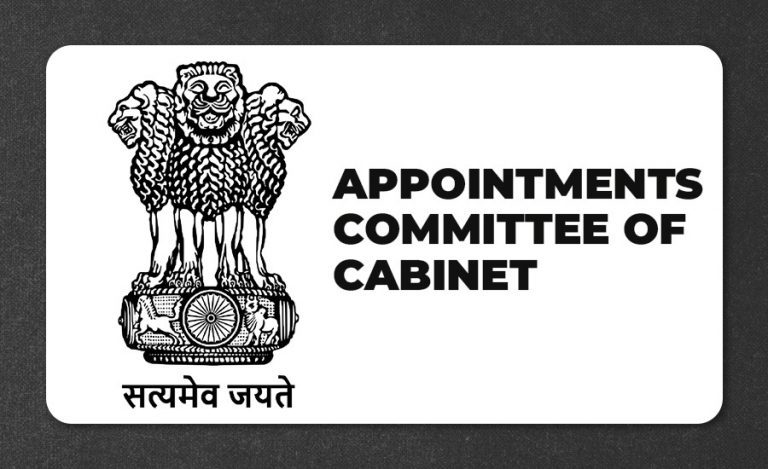Agartala: The northeastern state of Tripura is charting a decisive path in cyber-security. On 11 November 2025 a special two-day national exercise titled Cyber Bharat Setu (Bridging States, Securing Bharat) kicked off in Agartala under the aegis of Ministry of Electronics & Information Technology (MeitY) in partnership with Indian Computer Emergency Response Team (CERT-In) and the Directorate of Information Technology, Tripura. At the same time, Tripura launched its new Cyber Security Policy 2025 – marking a twin-stride move towards a stronger digital fortress.
Background of the Cyber Bharat Setu Workshop
The digital economy and public service platforms are increasingly vulnerable to cyber threats—ranging from data-leaks to ransomware attacks and nation-state incursions. Recognising these risks, MeitY and state governments have emphasised capacity building, scenario-based drills and policy frameworks.
Read Also: Cyber to Desert: Exercise Trishul Proves India’s Armed Forces Are Battle-Ready for Every Domain
The “Cyber Bharat Setu” workshop, scheduled for 11-12 November at Pragna Bhavan, Agartala, comes at this critical juncture.
Face Behind the Cyber Bharat Setu Workshop
S. Krishnan, Secretary of MeitY, inaugurated the workshop and policy launch. He emphasised that securing citizen data and strengthening institutional cyber-posture are top priorities. During his address he also underlined the role of digital-hygiene campaigns and collaborative public-private efforts.
Importance of Cyber Bharat Setu Workshop
This initiative serves multiple key functions:
- Capacity building: The workshop features expert-led interactive sessions and hands-on simulation drills for state-level officials, police, bank personnel, students and technical institutes.
- Policy framework: The newly launched Tripura Cyber Security Policy 2025 (TCSP 2.0) provides a guiding blueprint for securing IT/ICT systems in the state, strengthening institutional mechanisms and enhancing citizen-centric resilience.
- Awareness campaign: The month-long campaign titled Tripura Cyber Security Awareness Month 2025 (TCSAM 2025) with theme “Cyber Jagrit Tripura” and mascot “Raksha Mitra” was launched concurrently to reach citizens, students & the government workforce.
- Regional leadership: For a North-East state like Tripura to adopt such a comprehensive cyber-initiative sets a template for other states and strengthens the national digital ecosystem.
Challenges
While the move is commendable, several challenges remain:
- Skill gap: Many state departments, banks and educational institutes need upskilling in cyber-incident detection and response.
- Resource constraints: Infrastructure for real-time threat monitoring, incident-response teams and inter-state threat-sharing may be limited.
- Citizen outreach: Achieving broad citizen awareness—especially in rural or less-digitally connected areas—requires persistent effort.
- Public-private integration: Coordinating across government, private sector, banks and educational institutions is complex and needs clear frameworks.
- Evolving threats: Cyber threats evolve rapidly; policy and training need regular updates to stay ahead.
Implications of Cyber Bharat Setu Workshop
For government systems: Stronger preparedness and faster incident response may reduce downtime, data-loss and reputational damage.
For citizens: Enhanced cyber-hygiene and awareness mean safer digital experiences—from banking to e-governance.
For the economy: A resilient cyber ecosystem boosts investor confidence, especially in digital sectors and start-ups.
For national security: Regional cyber readiness contributes to the wider national defence strategy, mitigating cross-border digital threats.
For the educational sector: Students and institutes engaged in the workshop gain exposure to cyber-skills, enhancing employability and awareness.
Way Forward
- Sustain the momentum: Post-workshop follow-ups—regular drills, refreshers and scenario-walk-throughs—will be critical.
- Scale training: Expand capacity-building beyond Tripura’s capital to rural and district levels.
- Public-private link-ups: Promote collaborations with industry, start-ups and academia to foster innovation in cyber-defence.
- Monitoring & evaluation: Set measurable metrics for cyber-readiness (incident-response time, awareness levels, training completion).
- Policy review: Regularly revise the TCSP 2.0 to adapt to emerging threats such as AI-vector attacks, IoT vulnerabilities and cloud-based risks.
- Nationwide replication: Use Tripura’s model as a template for other states—through the “Cyber Bharat Setu” framework—to create a nationwide cybersecurity grid.




























